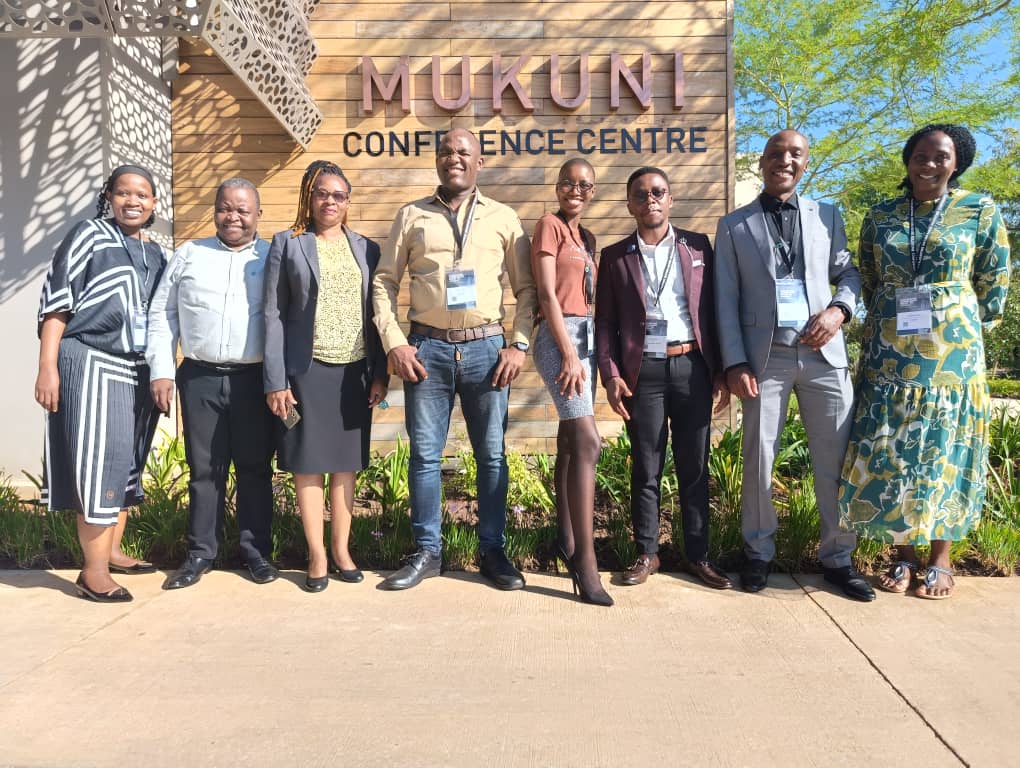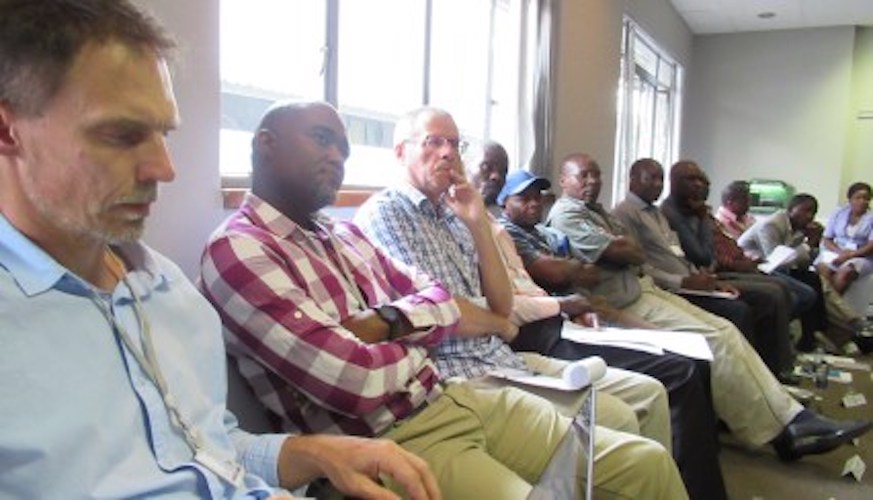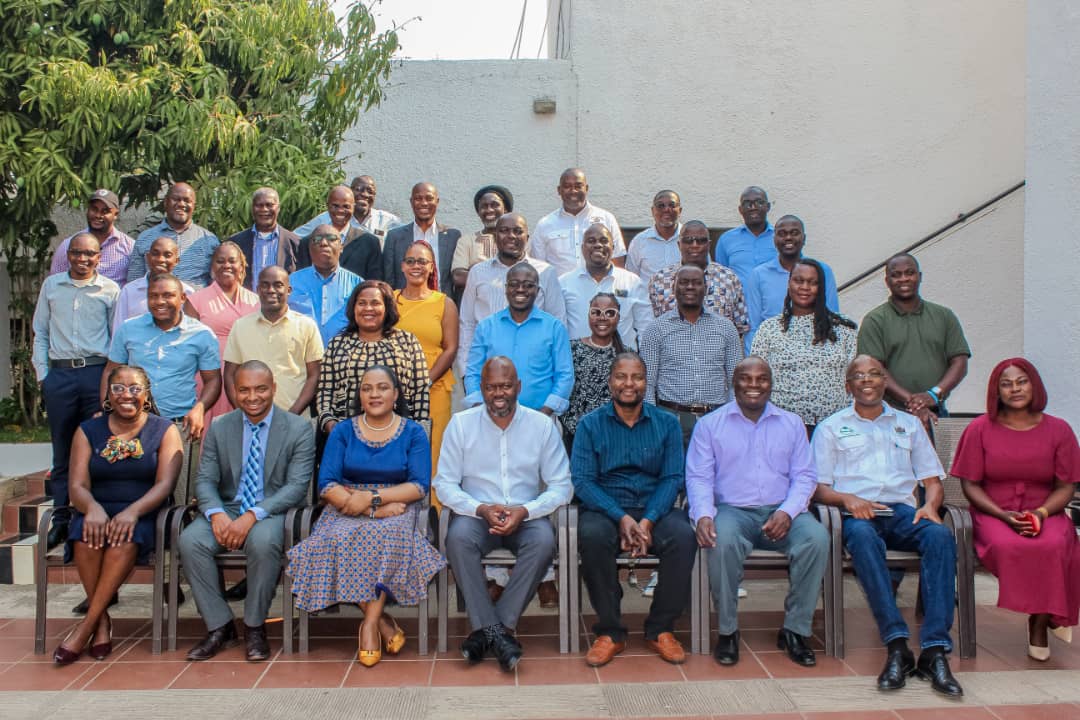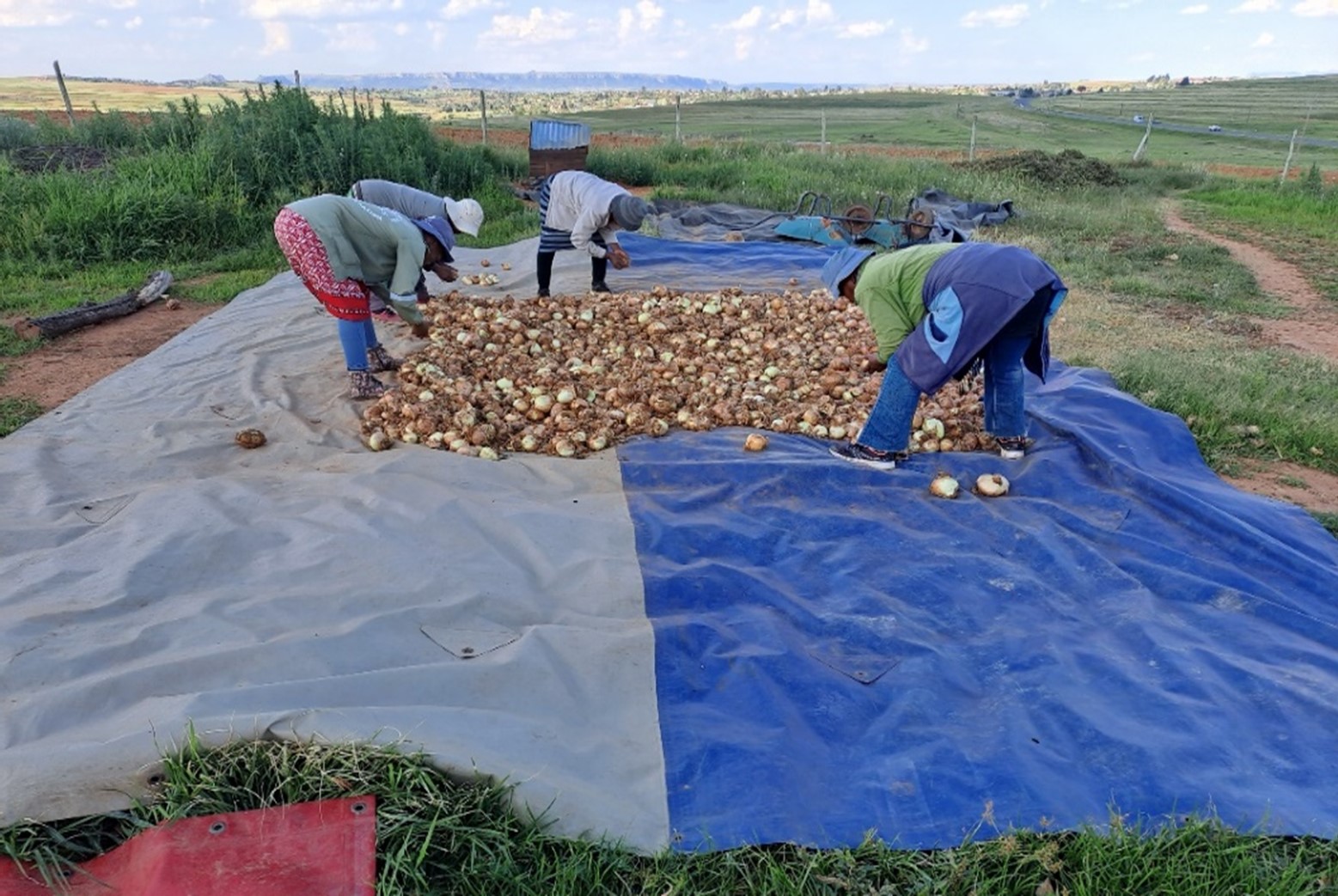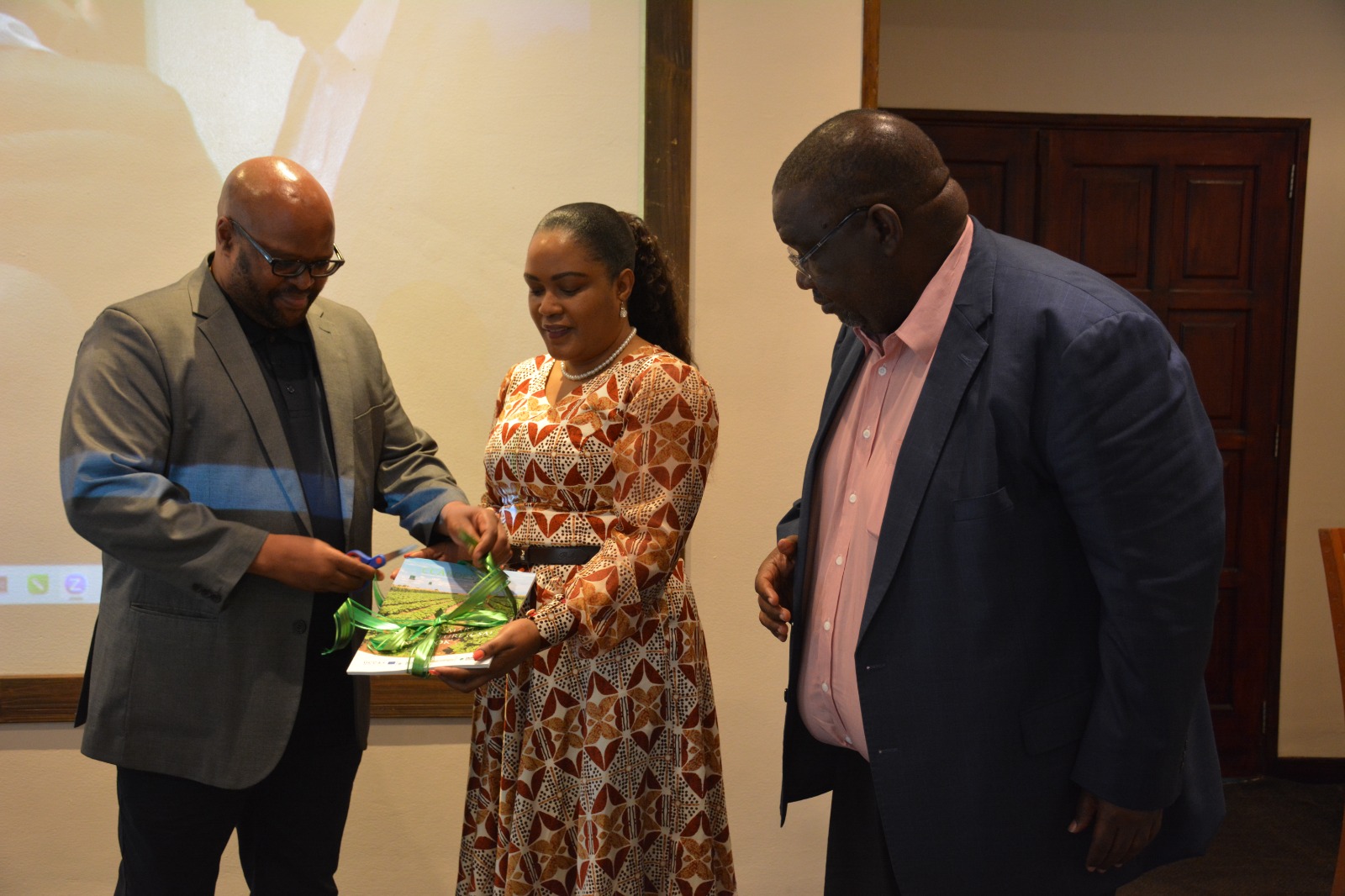Description/Abstract
This programme requires an institutional mechanism to undertake the programme. After extensive stakeholder consultation within the region, and a review of regional and international experience, a semi-autonomous sub-regional organisation (SRO), linked to the SADC Secretariat through a formal memorandum of understanding has been determined as the most appropriate structure for such an agency.
SADC MAPP is designed as a comprehensive 15-year programme of change, arranged around three 5 year phases. The overall programme goal is to bring about pluralistic and strengthened agricultural technology generation and dissemination, together with strengthening linkages among agricultural institutions in the SADC region in order to accelerate smallholder productivity. The result will be market- and smallholder-responsive and accessible agricultural technologies which will create agricultural growth, and increase incomes especially amongst the rural poor. In the first phase, SADC MAPP will focus on two major objectives:
- strengthen SADC R&D institutions in their efforts to become more pluralistic, responsive to updated regional priorities, and to participate in priority R&D activities in the SADC region, and,
- make a significant contribution to enable farmers, especially smallholders, to have improved access to, and to increase the early adoption of productive, profitable, and ecologically sustainable technologies, as well as enhanced access to markets.


